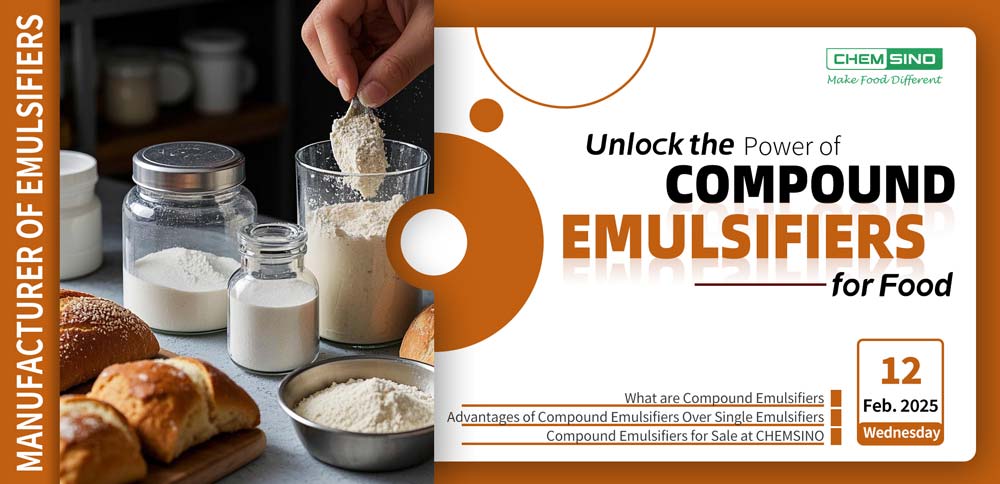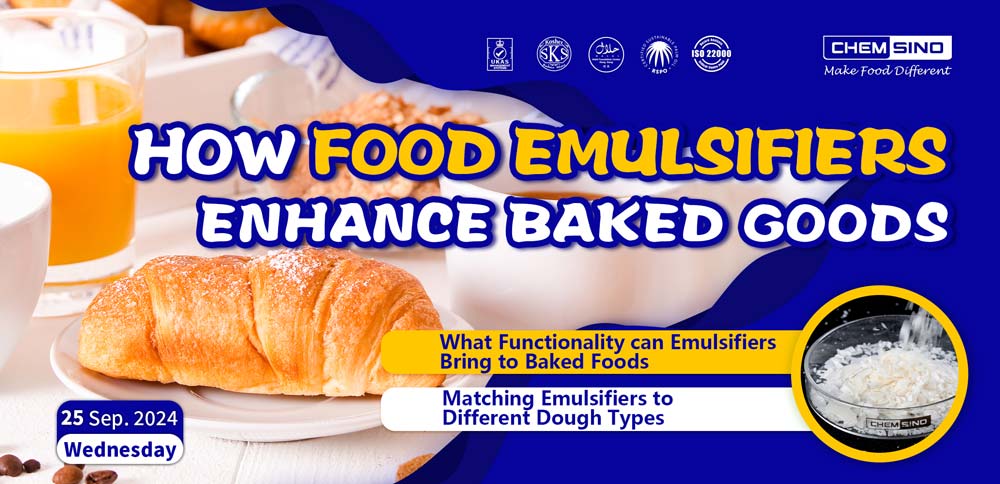- Home
-
Products
Emulsifier List
- Application
- Gallery
- News
- Blog
-
About Us
About Us
- Contact Us





 Food Grade in food.jpg)
 in ice cream.jpg)



